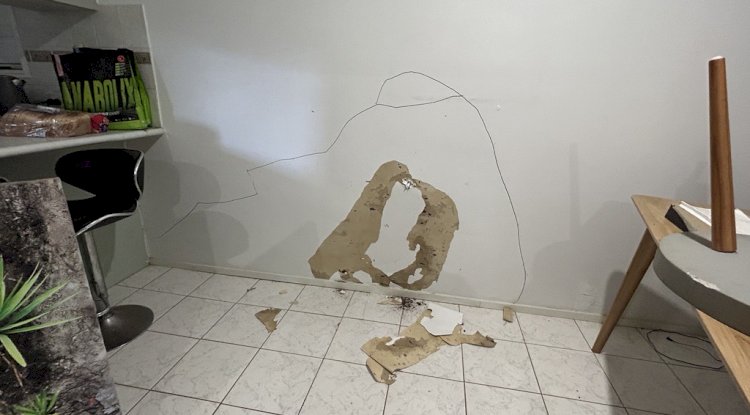What Happens If You Die Without a Will in Australia?
Planning for the future is essential, and one of the most important legal steps you can take is creating a will.

Planning for the future is essential, and one of the most important legal steps you can take is creating a will. A will ensures that your wishes are honoured, and your assets are distributed according to your intentions. However, not everyone gets around to writing one. So, what happens if you die without a will in Australia?
Dying without a will is known as dying "intestate" – when this occurs, the distribution of your estate is determined by a set of legal rules known as intestacy laws. These rules may not always align with your preferences, making it critical to understand the consequences of dying intestate and why seeking advice from lawyers specialising in wills can help you avoid such outcomes.
Intestacy Laws in Australia
When you die intestate in Australia, your assets are distributed according to state or territory laws. Each jurisdiction has its own intestacy rules, but they all follow a similar pattern. Typically, your estate is passed to your closest living relatives, such as your spouse, children, or parents. The distribution process varies depending on your personal circumstances, such as whether you have a partner, children, or other surviving relatives.
Here’s a breakdown of what might happen:
-
If you have a spouse and children: In most states, your spouse will receive the bulk of your estate. However, your children may also be entitled to a portion of the estate, depending on the total value of your assets. This can sometimes lead to complications, especially if there are children from previous relationships.
-
If you only have a spouse (no children): If you die without children, your spouse will generally inherit the entire estate.
-
If you have children but no spouse: Your children will inherit the estate equally. If any of your children have passed away, their share may pass to their children (your grandchildren).
-
If you have no spouse or children: Your estate will go to other family members in a particular order, such as parents, siblings, or nieces and nephews. If no living relatives can be found, your estate may pass to the state or territory government as a last resort.
The Impact on Your Loved Ones
Dying intestate can create unnecessary stress and confusion for your loved ones. Without a will, the legal process can become more complicated, potentially leading to delays in the distribution of your estate. In some cases, disputes may arise among family members who feel they are entitled to a share of the estate. These disputes can be emotionally draining and costly, often resulting in prolonged legal battles.
Moreover, without a will, your specific wishes regarding funeral arrangements, guardianship of minor children, or the distribution of sentimental belongings may not be known or respected. The lack of clear instructions can leave your loved ones with difficult decisions during an already challenging time.
Blended Families and Intestacy
Intestacy laws can be particularly complex for blended families. If you have children from a previous relationship or if your partner does, the division of assets may not unfold as you intended. For example, if you have a new spouse and children from a prior relationship, the estate may be split between them, potentially causing tension and unfair outcomes. By having a will in place, you can clearly outline your wishes for all parties involved, ensuring that everyone is treated fairly and that your assets are divided in a way that reflects your intentions.
The Importance of Estate Planning
To avoid the complications of intestacy, it's essential to engage in proper estate planning. Creating a legally binding will allows you to control the distribution of your assets, ensuring that your loved ones are taken care of in the way you see fit. Furthermore, it can minimise the likelihood of disputes and simplify the legal process for your family.
An estate plan can also include other important documents, such as a power of attorney or an advance care directive. These documents help manage your affairs if you're unable to do so, whether due to illness or injury, ensuring that your financial and medical decisions are made by trusted individuals.
Seeking Professional Guidance
Given the complexity of intestacy laws and the potential for unintended outcomes, it’s crucial to seek professional advice. Lawyers specialising in wills can guide you through the estate planning process, ensuring your will is legally sound and that all your wishes are clearly expressed. They can also assist in drafting other important documents to ensure that your affairs are properly managed.
Is your will in order?
Dying without a will in Australia can lead to complications, delays, and unintended consequences for your loved ones. Intestacy laws are rigid and may not reflect your personal wishes. To ensure your assets are distributed according to your intentions, it's vital to create a will and engage in thorough estate planning – by doing so, you can protect your family, minimise potential disputes, and provide clarity during a difficult time.
Share
What's Your Reaction?
 Like
0
Like
0
 Dislike
0
Dislike
0
 Love
0
Love
0
 Funny
0
Funny
0
 Angry
0
Angry
0
 Sad
0
Sad
0
 Wow
0
Wow
0

















